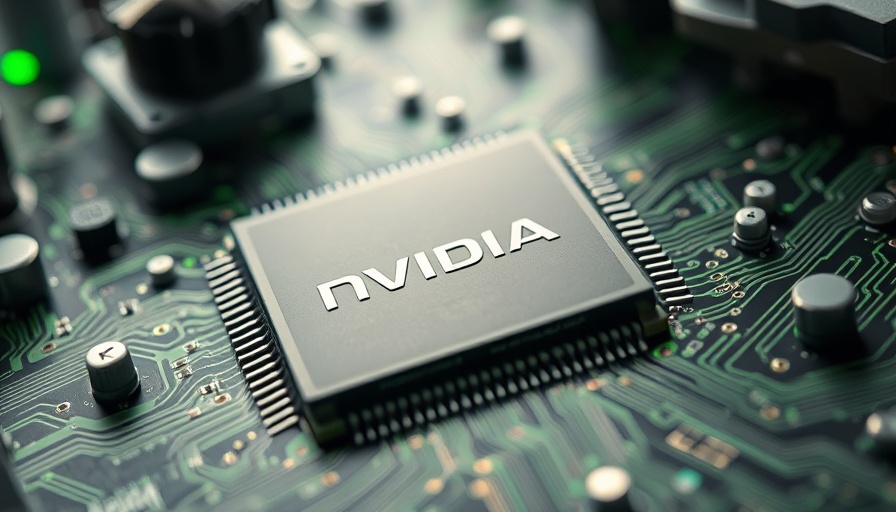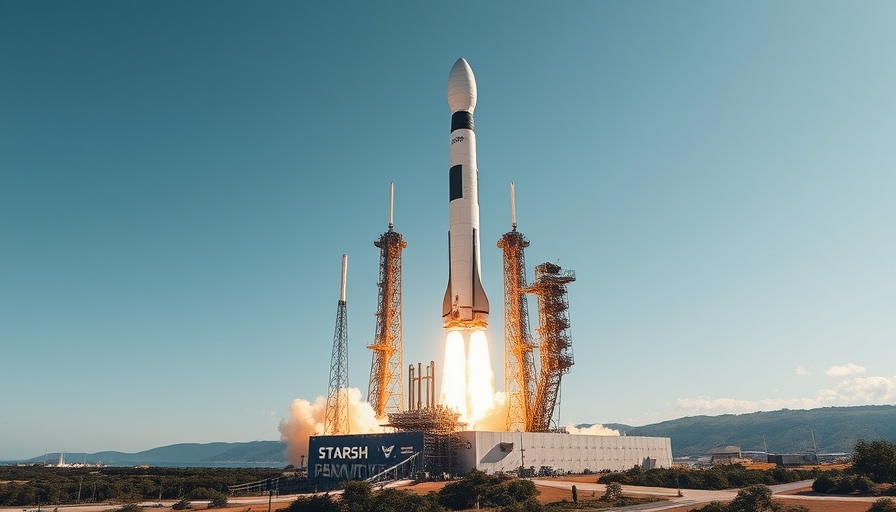
The Dangers of Crowdsourced Benchmarking in AI
As the world of artificial intelligence (AI) rapidly evolves, the benchmarks used to measure the effectiveness of these models take center stage. Tech companies like OpenAI, Meta, and Google have turned to crowdsourced platforms, such as Chatbot Arena, to tap into user input to evaluate model performances. While this approach aims to democratize AI evaluations, experts warn that it may introduce more problems than solutions.
Expert Criticism: Ethical Concerns and Validity Issues
Emily Bender, a notable linguistics professor at the University of Washington and co-author of “The AI Con,” has raised significant concerns about crowdsourced methods. According to Bender, for benchmarks to be valid, they must measure something specific with construct validity. The current methods do not convincingly correlate a user's voting choice with actual preferences, leading to skepticism about the reliability of these benchmarks.
Bender's sentiments are echoed by Asmelash Teka Hadgu, co-founder of AI firm Lesan, who emphasizes that such frameworks might be manipulated by companies to inflate claims about their technologies. A recent contention involving Meta's Llama 4 Maverick model exemplifies the issue. Hadgu noted that Meta fine-tuned a version specifically to perform well on Chatbot Arena but opted to release a version that underperformed, prompting questions about the integrity of such benchmarks.
A Call for Dynamic and Diverse Evaluation Metrics
The landscape of AI model evaluation is shifting. Experts like Hadgu assert that benchmarks should not be static datasets but should evolve dynamically based on the needs of distinct use cases—education, healthcare, and beyond. This adaptability could improve transparency and effectiveness in evaluating AI performance.
Ensuring Fair Compensation for Contributors
Gloria Kristine, former lead of the Emergent and Intelligent Technologies Initiative, also highlights the necessity of compensating those involved in evaluations. This call for ethical treatment mirrors that of the data labeling sector, notorious for its exploitation of gig workers. Fair compensation could motivate volunteers to provide more thoughtful and accurate evaluations, contributing to a more robust AI development process.
The Future of AI Benchmarks: A Mixed Outlook
Industry leaders, including Matt Frederikson, CEO of Gray Swan AI, stress that while crowdsourced evaluations foster community engagement, they shouldn't overshadow organized, internal benchmarks. He acknowledges the unique role of public participation in these assessments but warns that trusting them exclusively could lead to flawed conclusions.
Conclusion: Embracing Constructive Criticism
The debate surrounding the validity of crowdsourced AI benchmarks is not just an academic discussion; it underscores the challenges facing the tech industry as it innovates rapidly. With voices like Bender and Hadgu shedding light on these issues, stakeholders should take heed. As AI technology propels society into the future, embracing transparency, ethical practices, and rigorous evaluations is vital for ensuring that advancements benefit everyone. As interested parties continue examining this topic, they may find that genuine progress hinges on a collaborative and fair approach to AI development.
 Add Row
Add Row  Add
Add 



Write A Comment